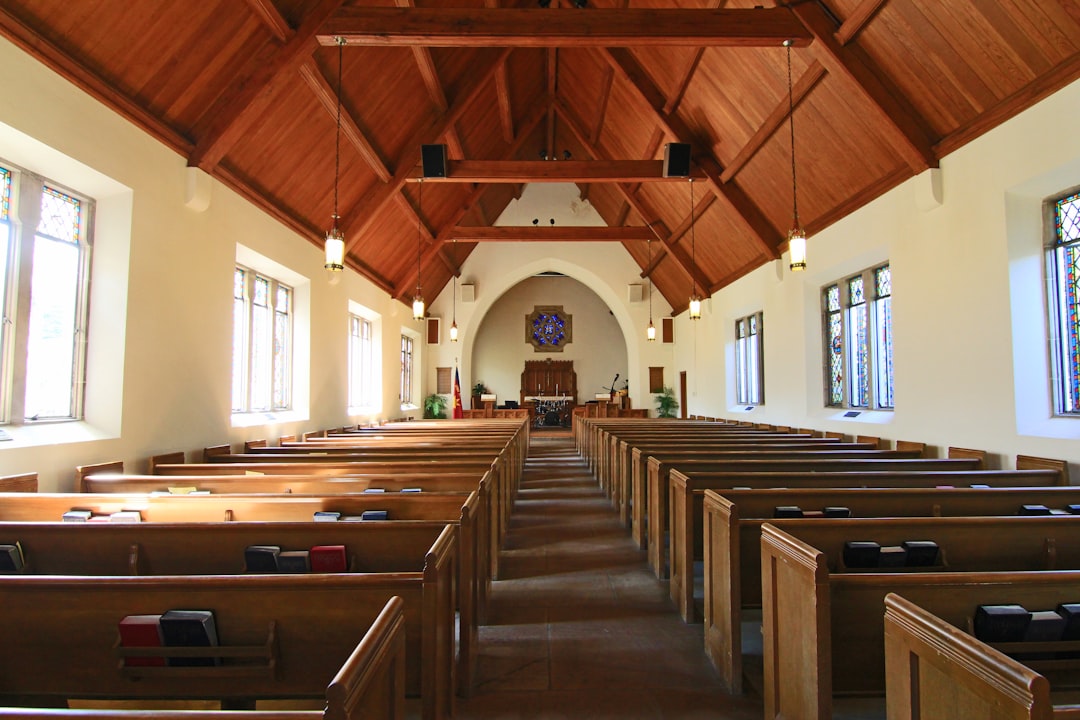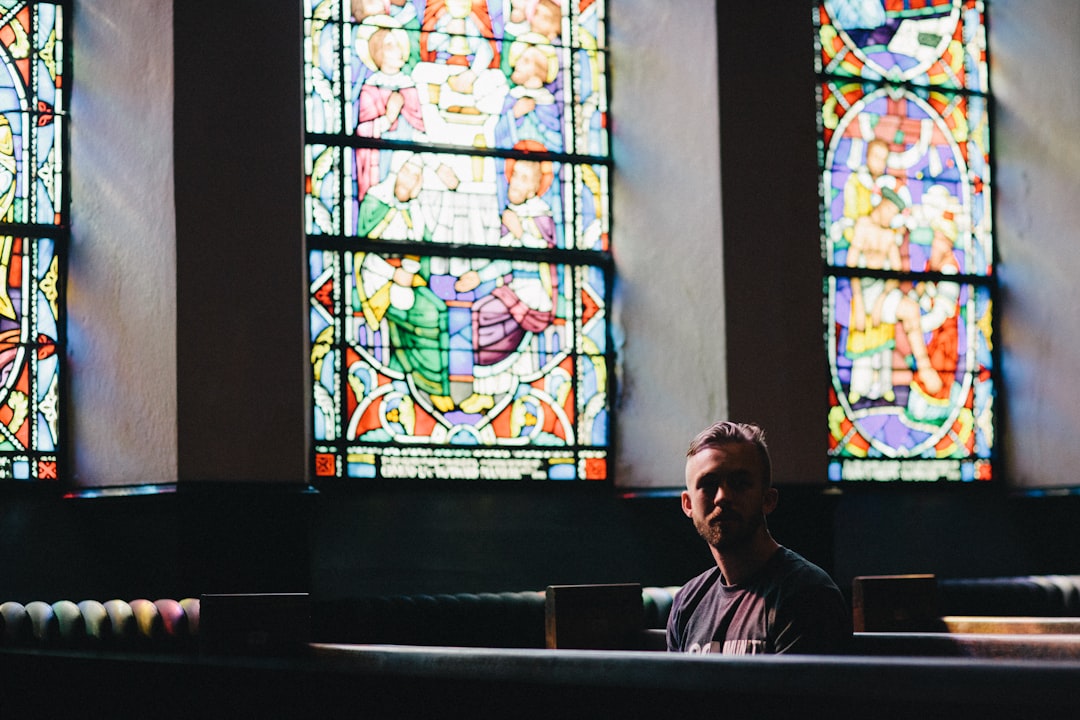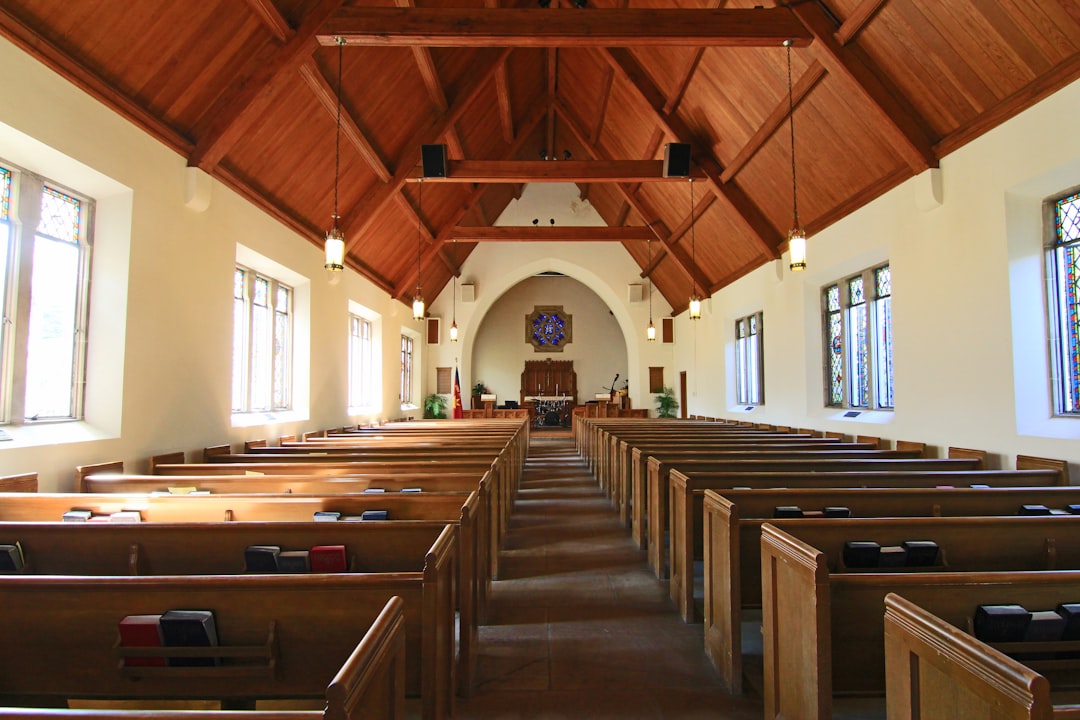Clergy abuse, a pressing issue in Colorado's faith community, involves manipulative tactics and irregular religious practices. Recognizing red flags is crucial for victims. Specialized clergy abuse law firms in Colorado offer legal expertise, protecting rights, and pursuing justice amidst complex religious and ethical matters. Choosing the right firm with proven success in handling sensitive cases ensures an understanding of unique challenges and provides both legal and compassionate support. These firms guide survivors through reporting, evidence collection, and the legal system, empowering them to hold perpetrators accountable. Support networks like therapy and support groups, coupled with legal representation from a clergy abuse law firm Colorado, facilitate healing and justice for victims.
In Colorado, addressing clergy abuse is a critical issue that requires understanding and legal expertise. This comprehensive guide explores the complex landscape of clergy abuse, focusing on legal representation for survivors. We delve into recognizing patterns and red flags, understanding Colorado’s laws and regulations, and selecting the right clergy abuse law firm. Learn how an attorney can aid survivors, navigate legal processes, and take steps after reporting such abuse. For Coloradans seeking justice, this is a vital resource, emphasizing the importance of legal representation in healing from clergy abuse.
Understanding Clergy Abuse: Recognizing Patterns and Red Flags

Clergy abuse is a sensitive yet critical issue, often involving complex patterns and behaviors that can be challenging to recognize. In Colorado, where there are numerous religious institutions and a diverse faith community, it’s crucial for individuals facing such abuse to understand the red flags. This may include recurring manipulation tactics, such as gaslighting, guilt trips, or emotional coercion, which are frequently employed by abusers to maintain power and control within their congregations.
Red flags might also manifest in various forms, like inconsistencies in religious teachings, bizarre rituals, or a sudden shift in the behavior of spiritual leaders. If an individual experiences or observes these patterns, seeking help from a specialized clergy abuse law firm in Colorado is essential. These legal professionals are trained to navigate complex religious and ethical issues while ensuring that victims’ rights are protected and justice is served.
The Legal Landscape: Colorado Laws and Regulations Regarding Clergy Abuse

In Colorado, the legal landscape regarding clergy abuse is governed by a combination of state laws and regulations that aim to protect individuals from emotional and physical harm inflicted within religious institutions. The state recognizes the unique nature of clergy-congregant relationships and has established guidelines to address instances of abuse effectively. One key aspect is the clear definition of what constitutes clergy abuse, which includes sexual misconduct, emotional manipulation, and other forms of exploitation.
Colorado clergy abuse law firms play a crucial role in navigating this legal terrain. These specialized law firms have extensive knowledge of state laws, such as those related to statute of limitations, jurisdiction, and victim rights. They provide critical support to individuals who have suffered abuse at the hands of religious leaders, ensuring that their legal rights are protected and that they receive justice. By leveraging their expertise, these law firms help shape the legal representation available to victims, contributing to a safer environment within Colorado’s religious communities.
Choosing the Right Law Firm: What to Look for in a Colorado Clergy Abuse Lawyer

When seeking legal representation for clergy abuse cases in Colorado, choosing the right law firm is paramount. Look for a firm with a proven track record and specialized experience in handling such sensitive matters. Expertise in clergy abuse law ensures that the lawyer understands the unique complexities and emotional nature of these cases.
Consider attorneys who have successfully represented clients in similar situations, gained valuable insights into navigating legal complexities, and provided compassionate support to victims. A reputable Colorado clergy abuse law firm should offer a confidential environment, prompt response times, and a commitment to advocating for your rights and seeking justice.
The Role of Legal Representation: How an Attorney Can Help Survivors of Clergy Abuse

Survivors of clergy abuse often face unique challenges when considering legal action, but an experienced attorney can provide invaluable support and guidance. A Colorado clergy abuse law firm specializes in handling such sensitive cases, offering expertise in understanding the complexities of these issues. These firms are dedicated to advocating for survivors, ensuring they receive justice and closure.
An attorney can assist by providing a safe space for survivors to share their stories and explain the impact of the abuse. They will help navigate the legal system, explain relevant laws and rights, and determine the best course of action. This may include negotiating settlements, representing clients in court, or advising on potential civil lawsuits against religious institutions. With their knowledge of clergy abuse law in Colorado, they can offer tailored strategies to hold perpetrators accountable and provide a sense of empowerment to survivors.
Navigating the Legal Process: Steps to Take After Reporting Colorado Clergy Abuse

After reporting Colorado clergy abuse, navigating the legal process can seem daunting. The first step is to reach out to a specialized clergy abuse law firm Colorado that has experience handling such sensitive cases. These firms understand the unique challenges and emotional toll of these situations, providing support throughout the journey. They will guide you in gathering evidence, speaking with authorities, and understanding your legal options.
Next, it’s crucial to document every interaction related to the abuse. Keep records of conversations, emails, and any other correspondence. This documentation can be invaluable when building a case. Additionally, consider joining support groups or seeking therapy to cope with the aftermath of such traumatic experiences. A strong support system is essential during this difficult period.





